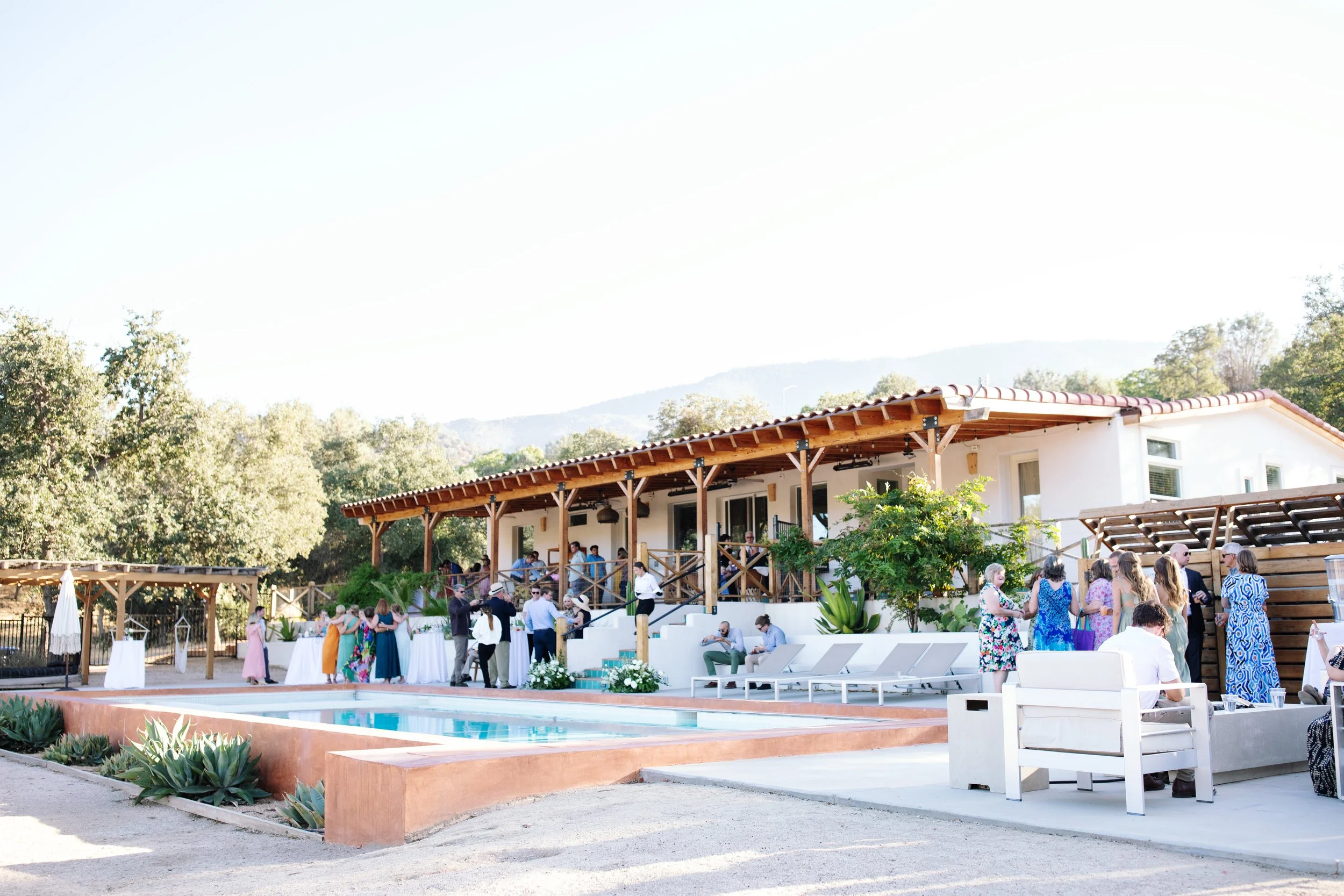10 Things to Remember When Planning Your Backyard Wedding
Planning a wedding at a private residence offers a unique and personalized experience for couples who seek to create a truly intimate and memorable celebration. While the idea of exchanging vows at a place with sentimental significance can be enticing, hosting a wedding at a private residence comes with its own set of challenges and considerations. Here are 10 key things to remember when planning your wedding at a private residence:
Verify Local Regulations and Permits:
Before finalizing your plans, check with local authorities and the homeowner's association to understand any regulations or permits required for hosting events such as weddings. This may include noise ordinances, parking restrictions, or permits for tents and structures.
Assess the Space:
Evaluate the space available at the private residence, considering the number of guests, catering setup, ceremony and reception areas, parking, and accessibility for vendors. Ensure that the venue can comfortably accommodate your wedding size and logistics.
Rental Needs and Logistics:
Determine what additional rentals will be necessary, such as tables, chairs, linens, restrooms, lighting, tents, and additional power sources. Coordinate the delivery, setup, and pickup of these rentals with the vendors to ensure a seamless process.
Weather Contingency Plans:
Have a backup plan in place for inclement weather. Whether it's securing a tent or arranging an indoor space, being prepared for unexpected changes in weather will help alleviate stress and ensure the comfort of your guests.
Vendor Coordination:
Communicate with your vendors about the unique aspects of the private residence venue. From power supply needs to setup logistics, keep your vendors informed to prevent any surprises on the wedding day.
Parking and Transportation:
Consider the parking situation for guests and vendors. If parking is limited, explore options for shuttles, rideshare services, or providing clear directions for nearby parking areas.
Neighbors and Noise Considerations:
Be mindful of the impact your wedding may have on neighbors. Inform them in advance, and consider noise control measures to ensure a harmonious relationship with the surrounding community.
Restroom Facilities:
If the residence does not have adequate restroom facilities, arrange for portable restrooms. Having clean and accessible facilities is essential for the comfort of your guests.
Property Maintenance and Cleanup:
Outline expectations for property maintenance and cleanup with the homeowner. Ensure that the space is well-managed before and after the wedding to leave the property in the same or better condition than when you arrived.
Insurance and Liability:
Consider obtaining event liability insurance to protect against potential accidents or damages that could occur during the wedding. Consult with an insurance professional to understand your coverage options.
Hosting a wedding at a private residence offers unparalleled opportunities for personalization and creating cherished memories. By keeping these key considerations in mind, you can navigate the unique challenges of planning a wedding in a private setting and ensure a beautiful and seamless celebration for you and your guests.
Remember that thorough planning, open communication with the homeowner, and proactive coordination with vendors are essential for a successful private residence wedding. With careful attention to detail and thoughtful preparation, your wedding at a private residence can be an unforgettable and magical experience for all involved.

